Have you ever noticed the white zigzag paper hanging from ropes (shimenawa) at Japanese shrines or on doorways during New Year? These are called shide (紙垂), and they are far more than simple decorations.
Shide play a vital role in Shinto, the indigenous religion of Japan, serving as a symbol of sacred spaces and divine protection. But why are they zigzag-shaped? What materials are used to make them? And how can you create your own?
In this article, we’ll explore the meaning of shide, their unique zigzag design, the materials used to craft them, and even show you how to make one yourself!
What Are Shide?
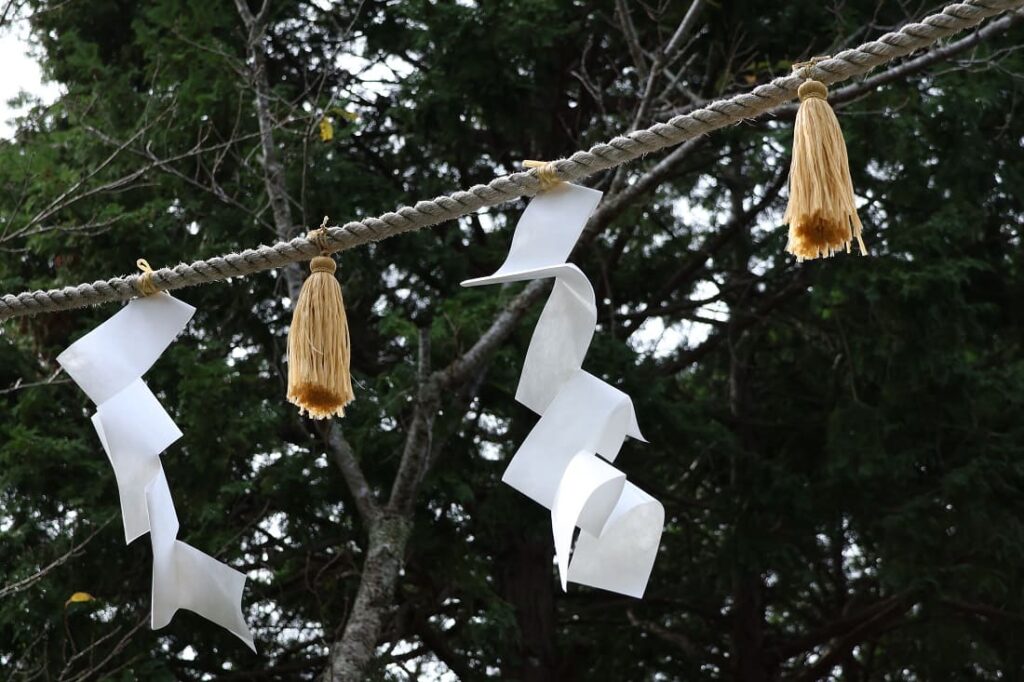

I’m always curious about the white paper.

Yes, I know!
Then let’s learn about Shide together!
The Origin and Purpose of Shide
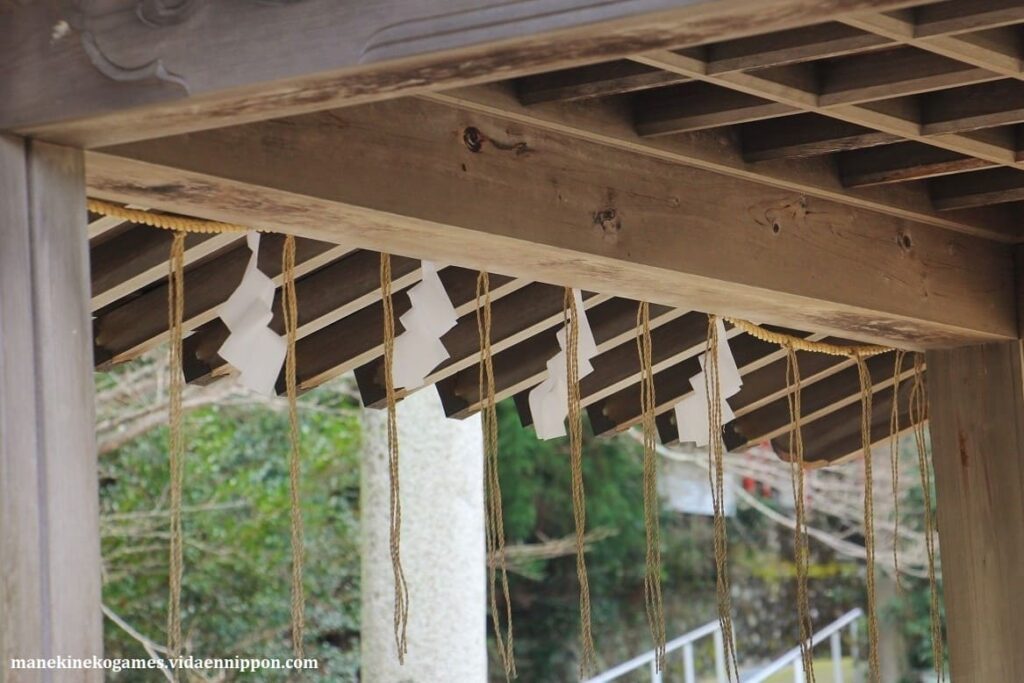
Shide are traditional paper ornaments used in Shinto rituals to mark sacred spaces. Their history dates back to ancient Japan, where they were placed on shimenawa ropes to signify areas dedicated to the gods.
In essence, shide act as a barrier between the divine and the mundane, indicating, “This is a sacred place.” Additionally, the paper itself symbolizes purity and the presence of the divine.
Why Are Shide Zigzagged?
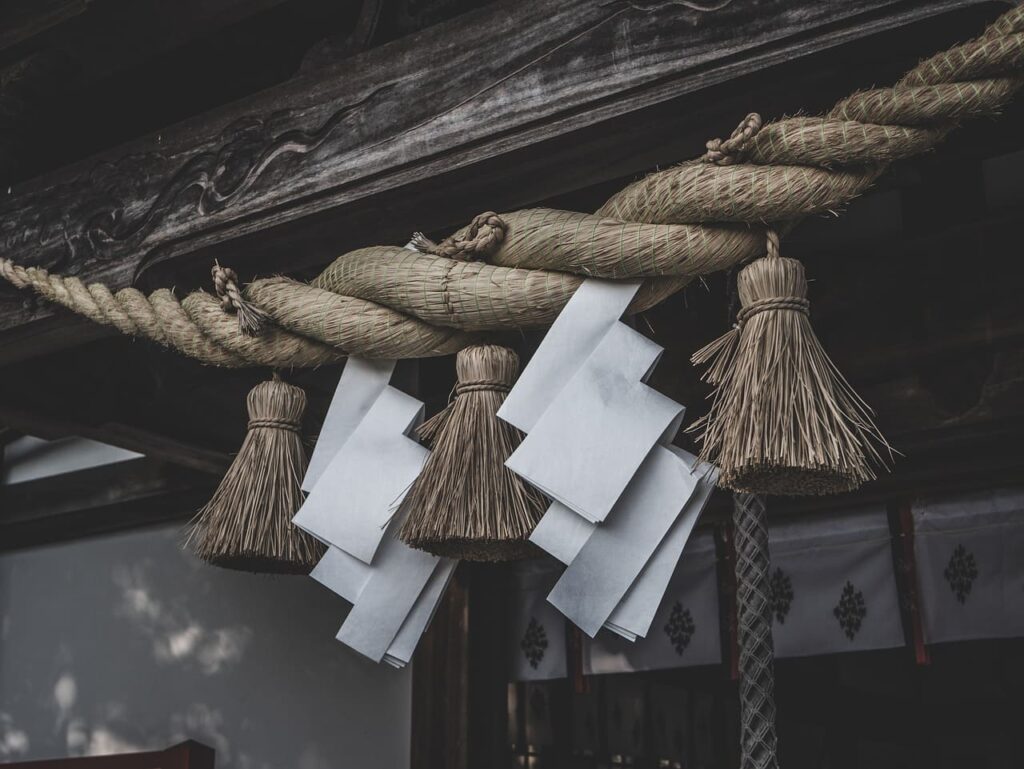
The zigzag design of shide is said to represent lightning, which was considered a manifestation of divine power in ancient Japan. The sharp, angular shapes symbolize the energy and presence of the gods.
Another interpretation is that the zigzag shape symbolizes “cutting off” negative energy, helping to purify the area where the shide are hung.
Where Can You See Shide?
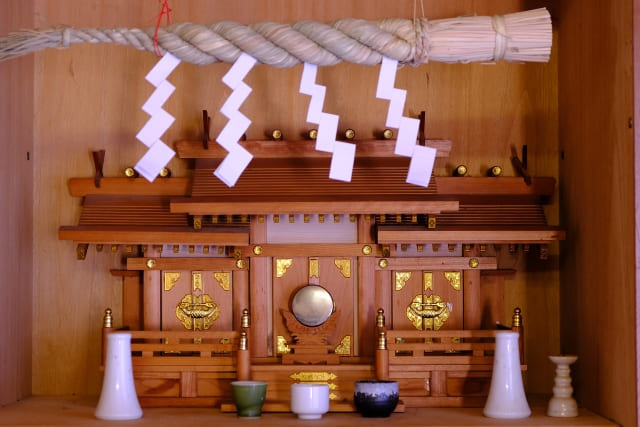
Shide are most commonly seen at:
- Shrines: Hanging from shimenawa ropes on torii gates or sacred trees.
- Homes: On New Year decorations to welcome the gods.
- Festivals: As part of ritual objects or portable shrines (mikoshi).
Whenever you see shide, it’s a sign that you’re in or near a sacred space.
Materials Used for Shide
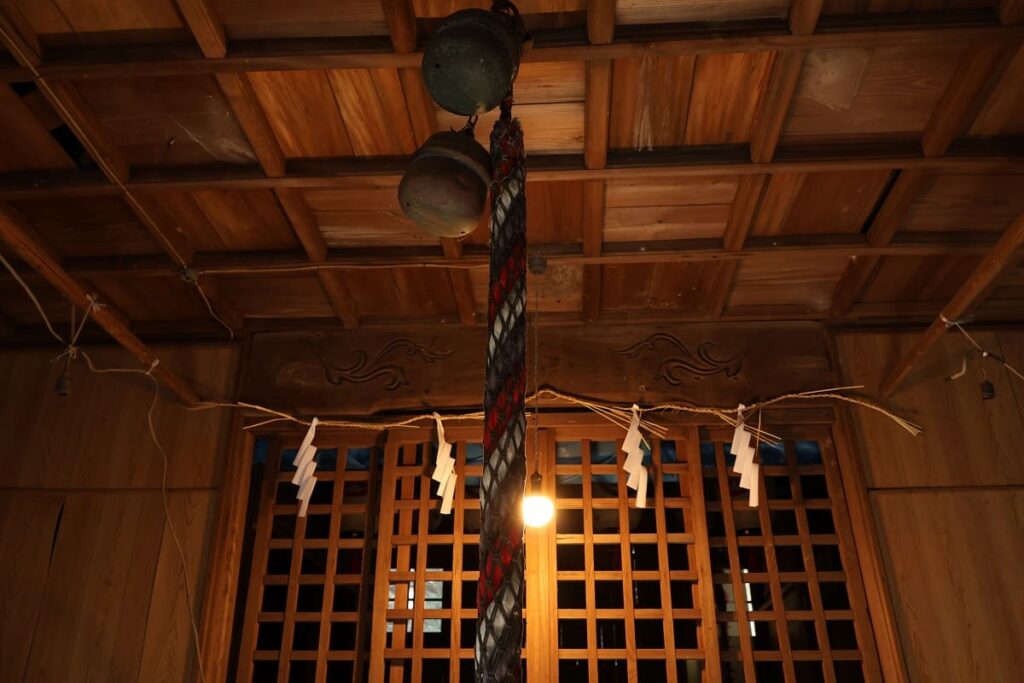
Traditional Materials
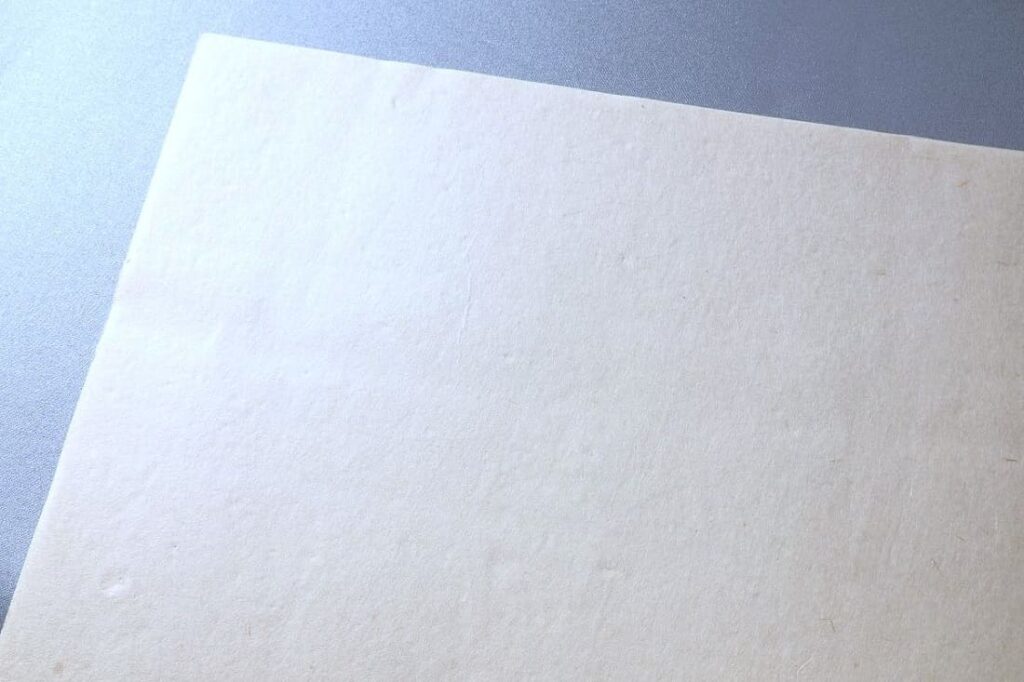
Shide are traditionally made from washi, a type of handmade Japanese paper known for its durability and elegance. Washi’s soft texture and pure white color make it perfect for religious use.
Modern Materials

In modern times, alternatives like thick craft paper or recycled paper are sometimes used for convenience and cost-effectiveness. While not as traditional, these materials still retain the symbolic importance of shide.
Choosing the Right Material
If you’re planning to make shide yourself, choose a sturdy, thick paper that won’t tear easily. For a more traditional feel, try using handmade or textured paper.
How to Make Shide
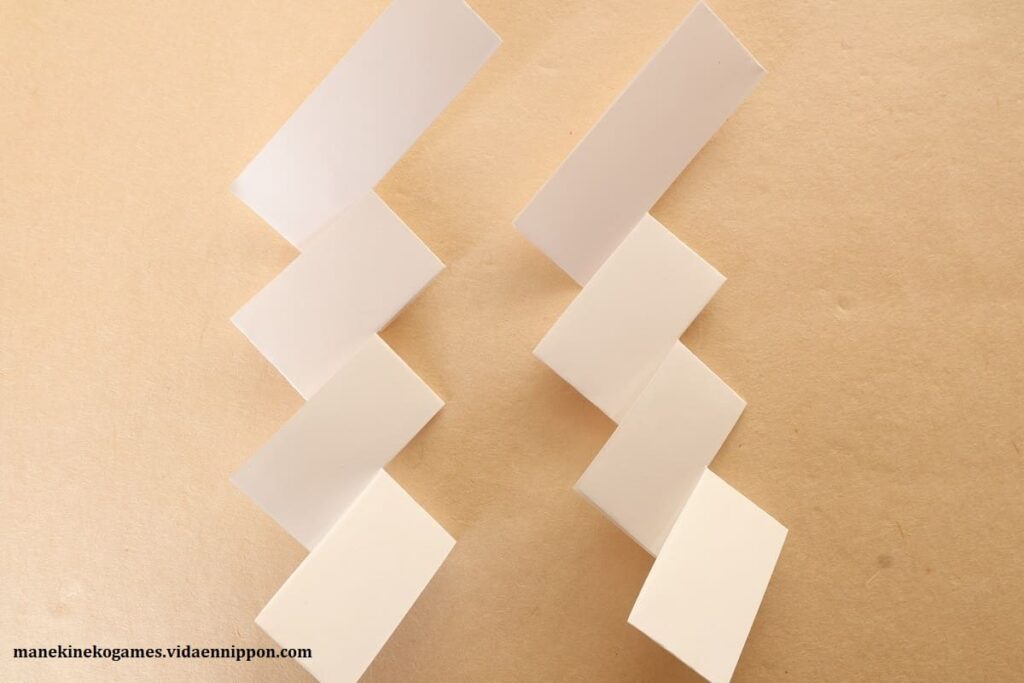
Want to try making your own shide? It’s easier than you think!
Tools You’ll Need
- Washi or thick craft paper (about 5 cm wide and 15 cm long)
- Scissors
Steps to Make Shide
1. Cut your paper. (approx. 5 cm x 15 cm)
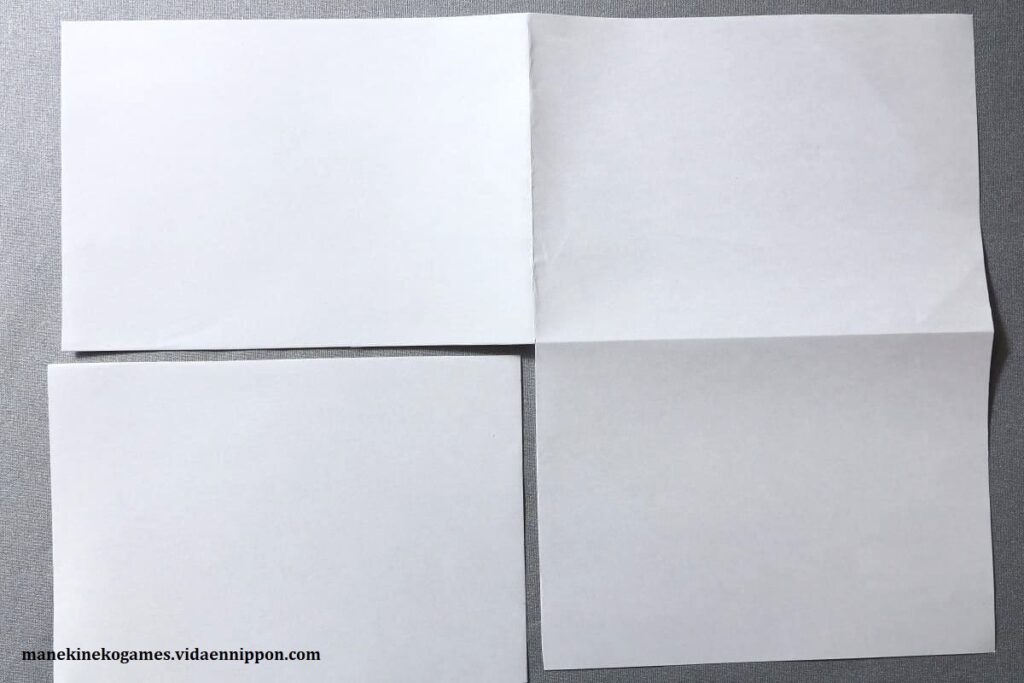
2. Fold the paper in half.
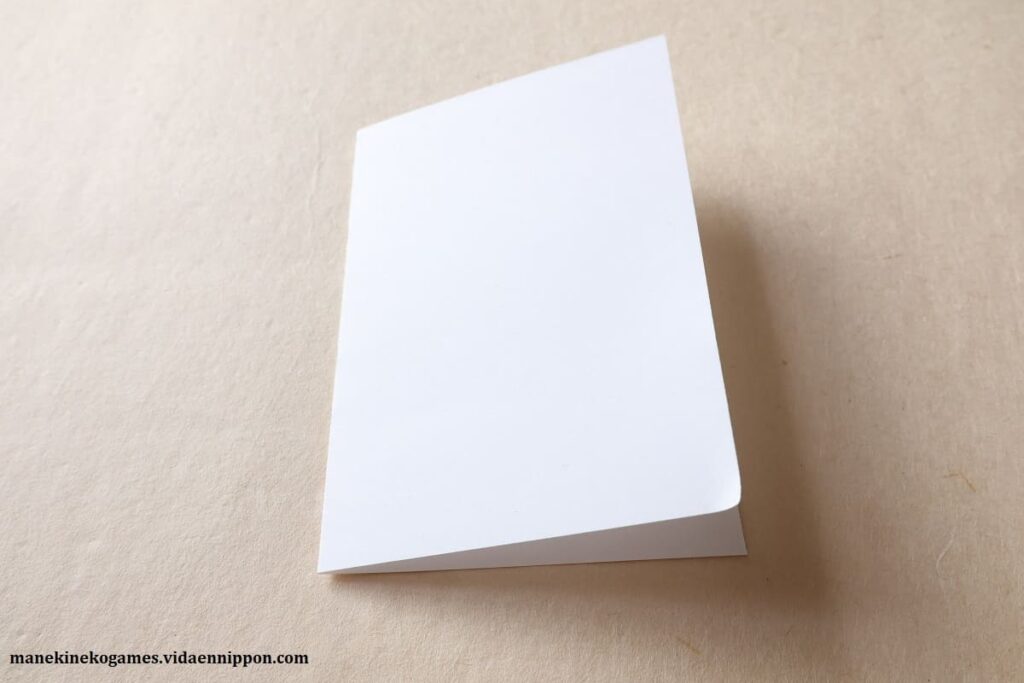

Crease is left side.
3. Before you cut, make the crease like this.

4. Make a cut along the crease.
Please check this red lines as a reference.
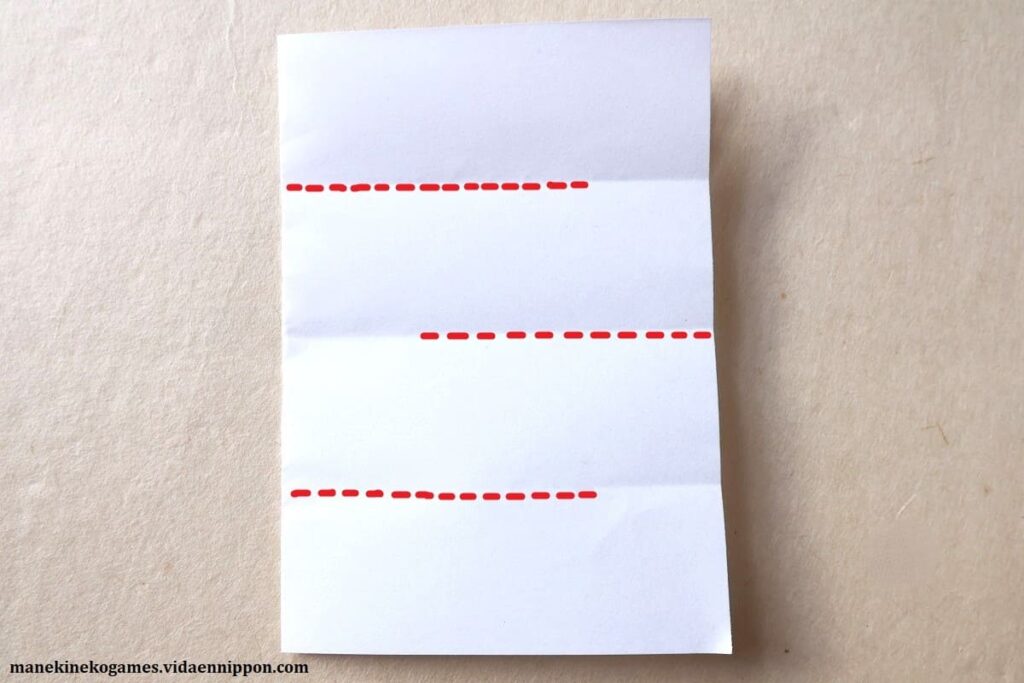

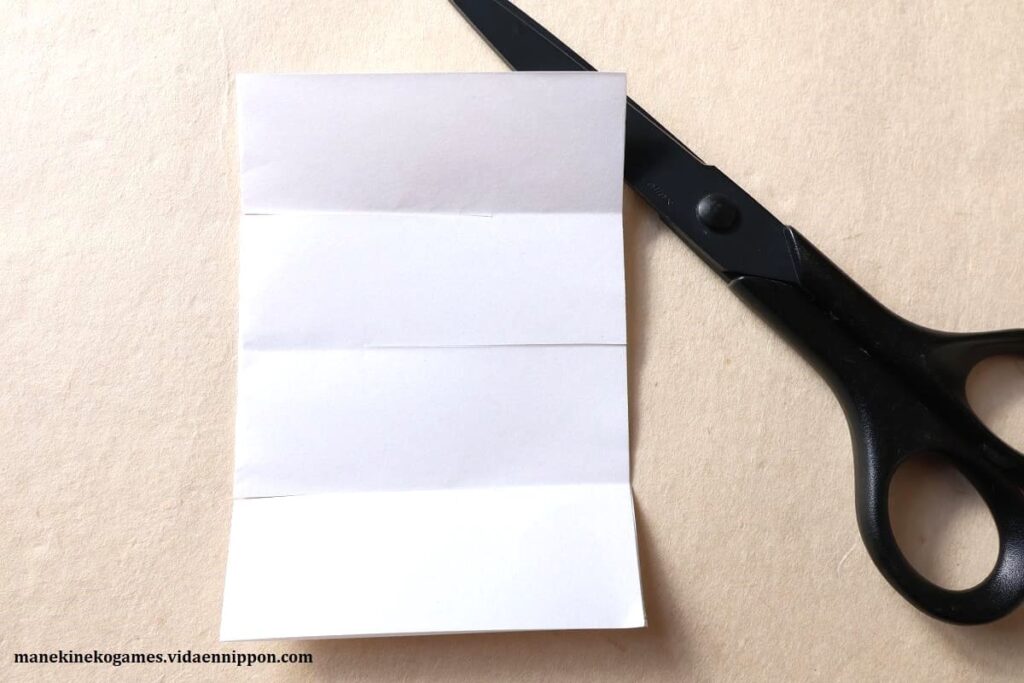
5. You have to turn the paper 90 degrees clockwise.
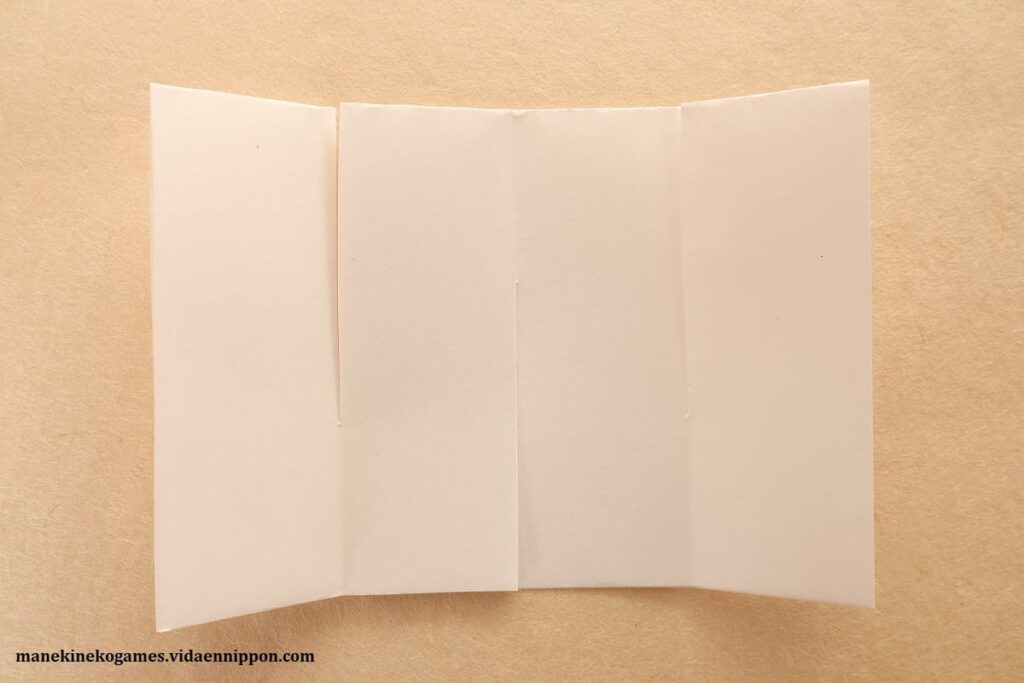
From left to right, fold the paper toward you.
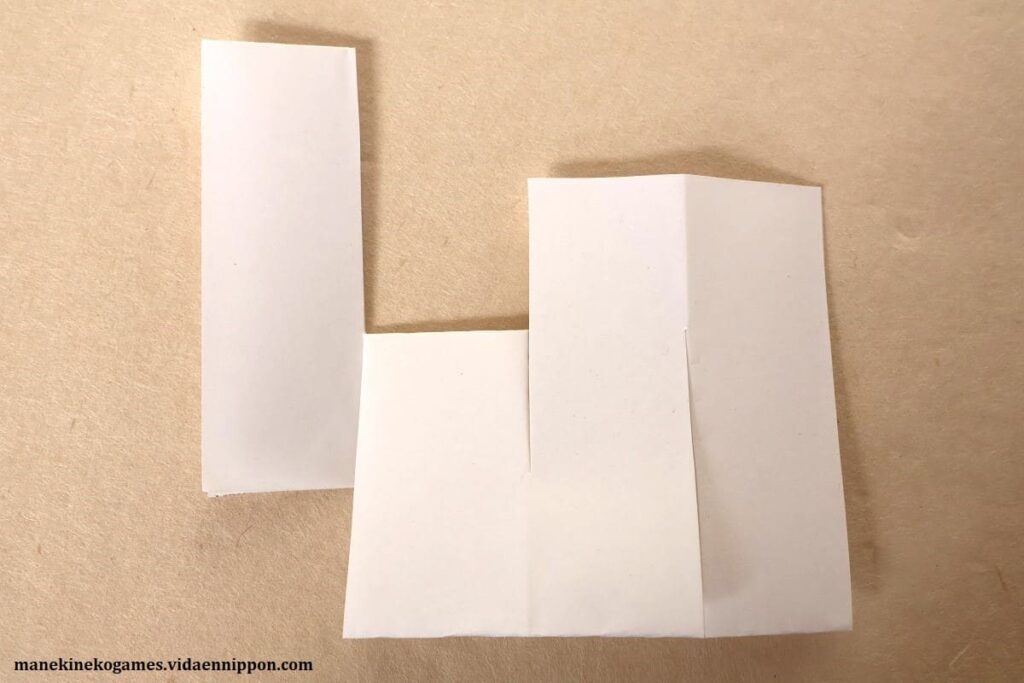
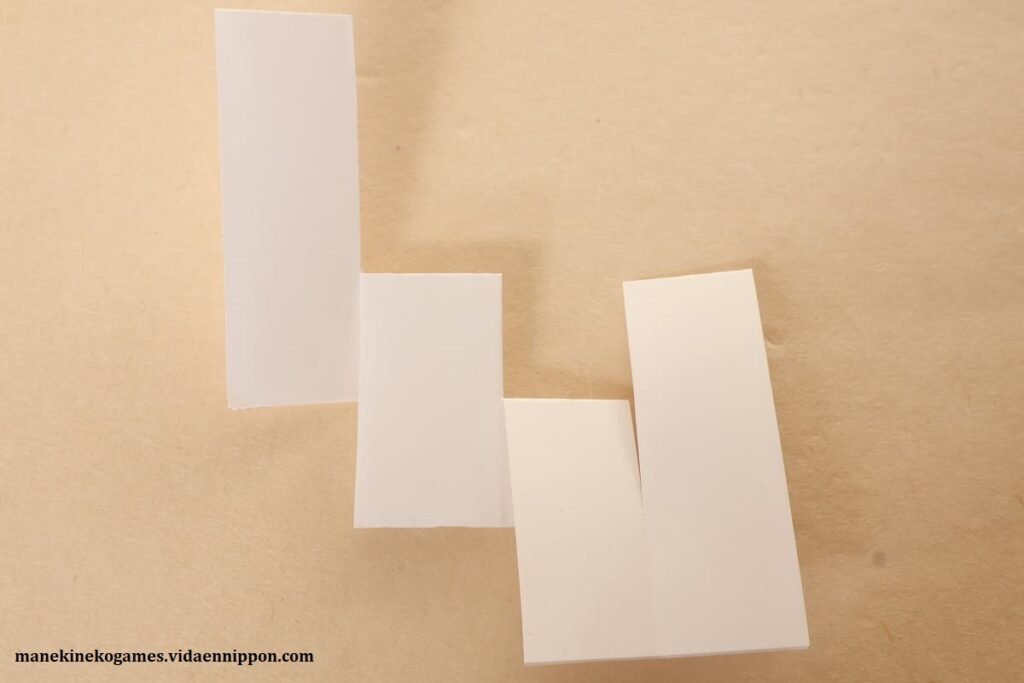
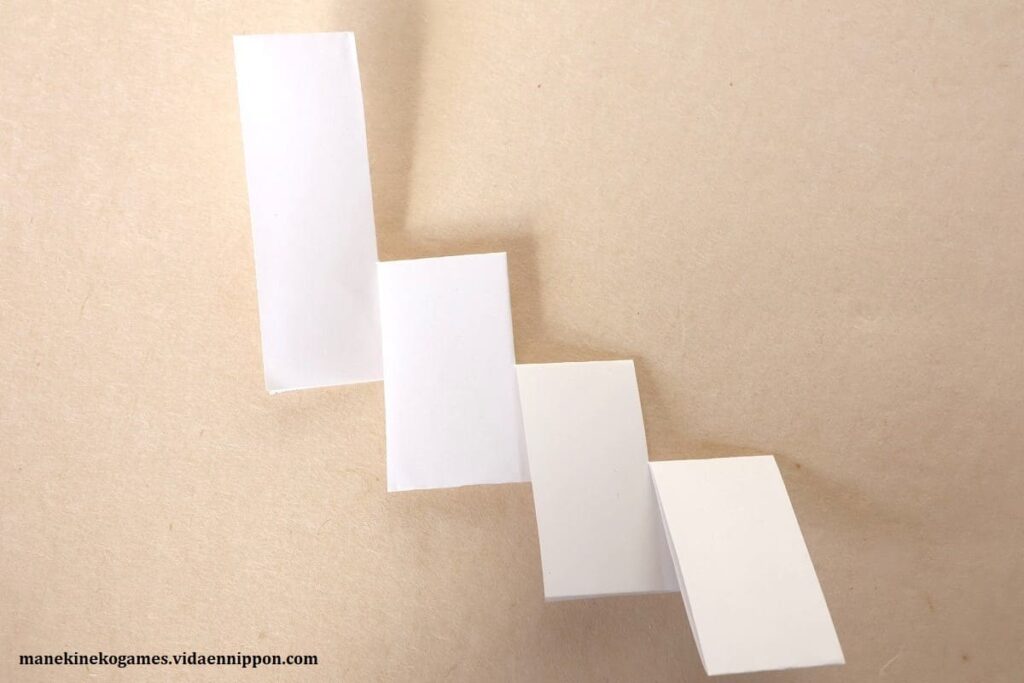

Congratulations! You’ve just made your first shide.
We made two Shide and decorated them with Shimenawa.
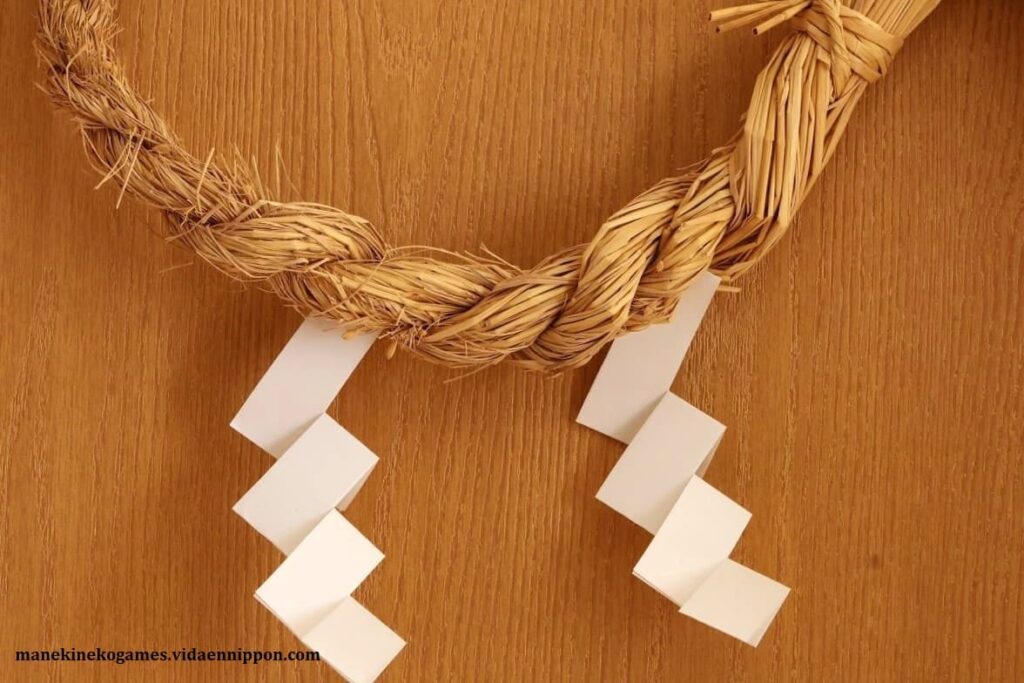

Not bad!!
Creative Ideas for Shide
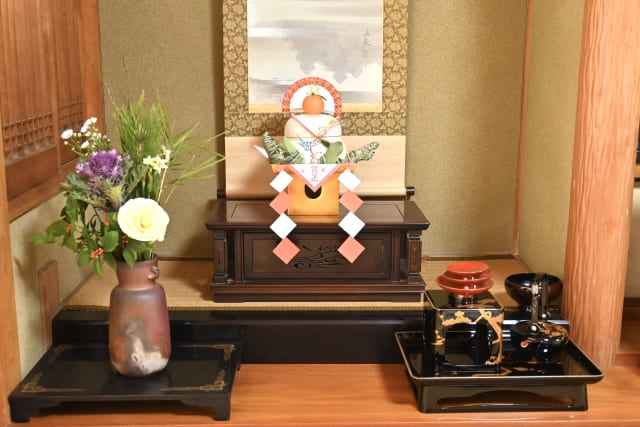
For a modern twist, try using colored or patterned paper to create a unique look. You can also add small embellishments like gold accents to make your shide stand out during special occasions.
Bring a Sacred Japanese Atmosphere Home
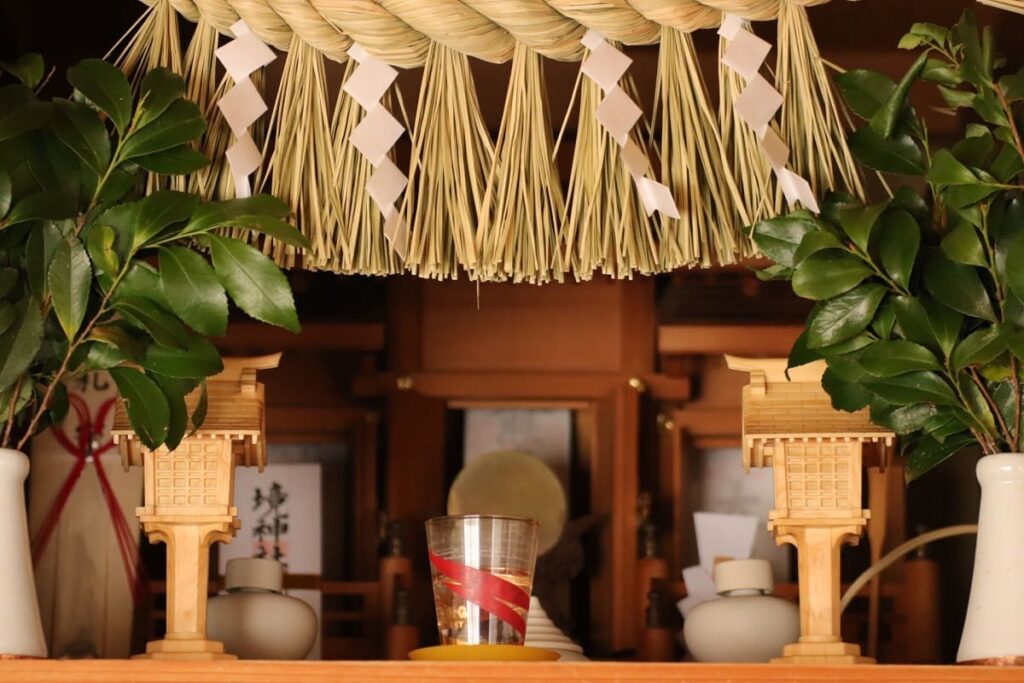
If you’re fascinated by the quiet beauty of Shide and the sacred atmosphere they create, you might be wondering whether it’s possible to bring a similar feeling into your own space.
While authentic Shide are traditionally used in Shinto rituals and shrines, you can incorporate elements inspired by this aesthetic into your home in a respectful and decorative way.

Here are a few ideas…
Traditional Shimenawa with Shide
If you’re drawn to the powerful symbolism of Shide, decorative shimenawa ropes featuring traditional zigzag paper streamers are available for home display.
While originally used to mark sacred Shinto spaces, smaller versions are sometimes displayed during the New Year season or as cultural décor inspired by Japanese spirituality.

Decorative shimenawa ropes with traditional zigzag Shide are available in various styles.
You can explore current options below.
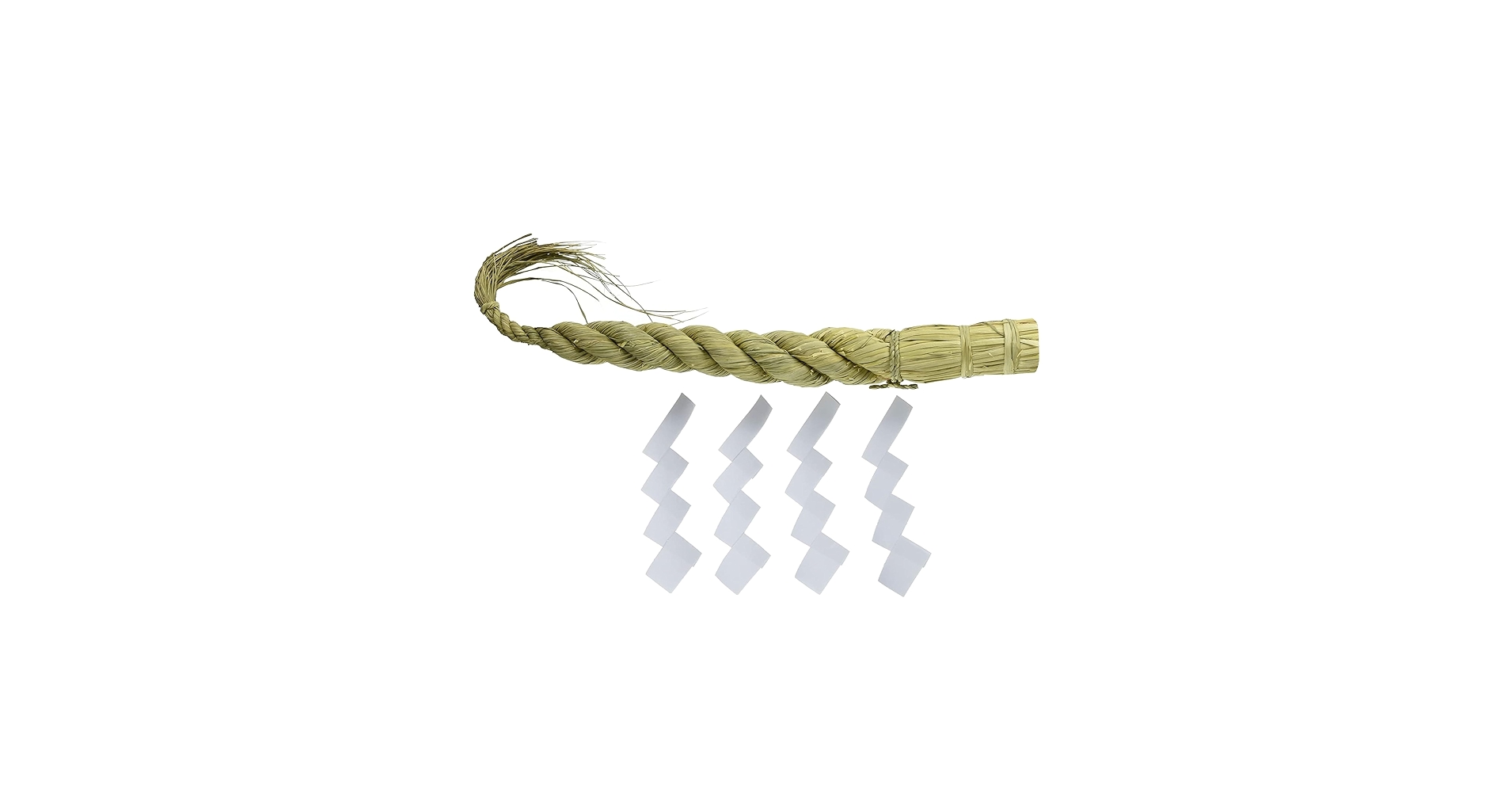
Always choose items that respect traditional design and cultural meaning.
Kamidana (Mini Shinto Home Altar)
A kamidana is a small household shrine traditionally used in Japan. Even if used purely as cultural décor, it can create a serene and meaningful focal point in a room.
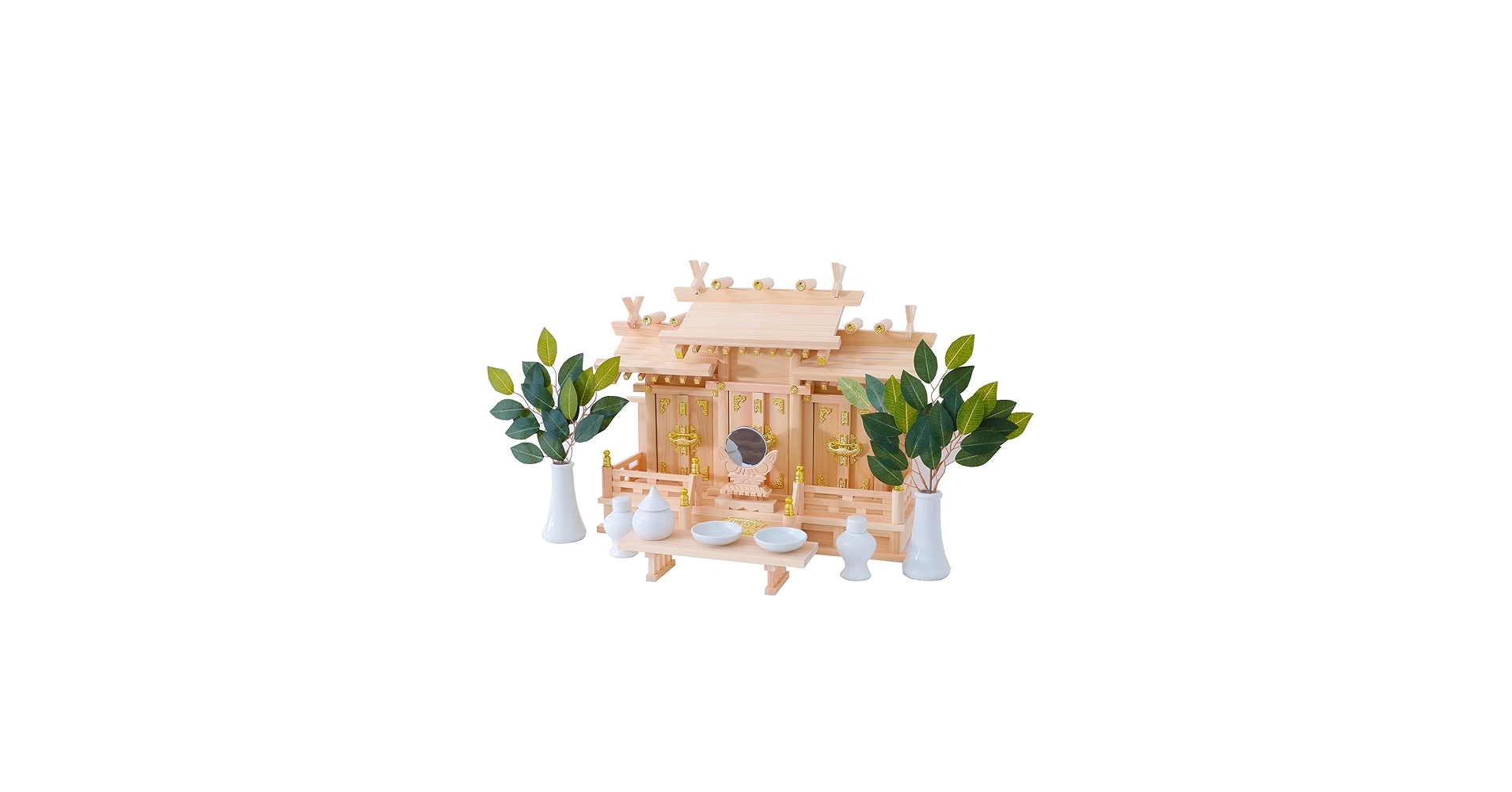
Books on Shinto & Japanese Spirituality
If you’d like to deepen your understanding, there are several beautifully illustrated books that explain Shinto symbols, rituals, and mythology in accessible ways.
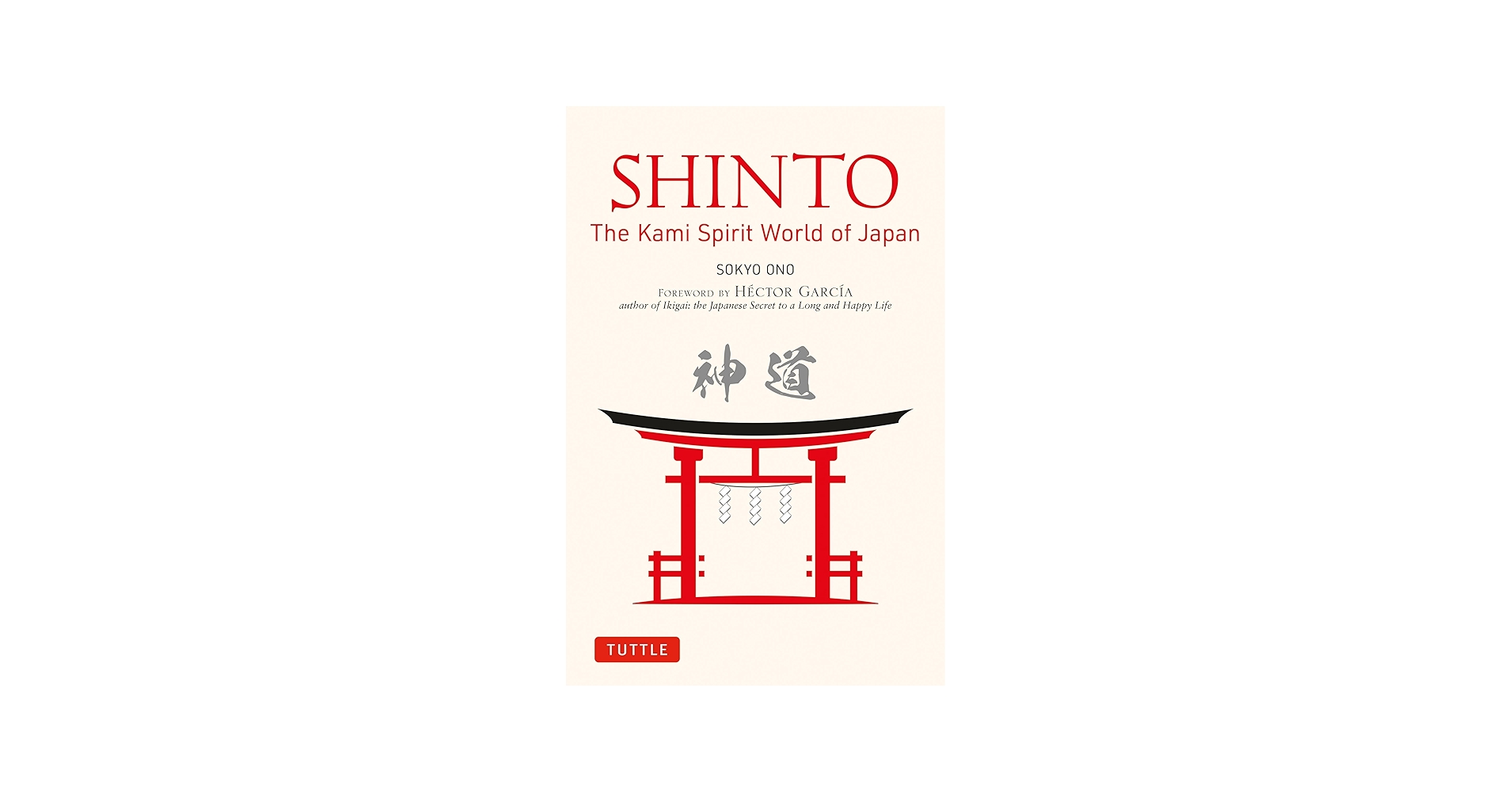
Shide in the Game Nioh 2
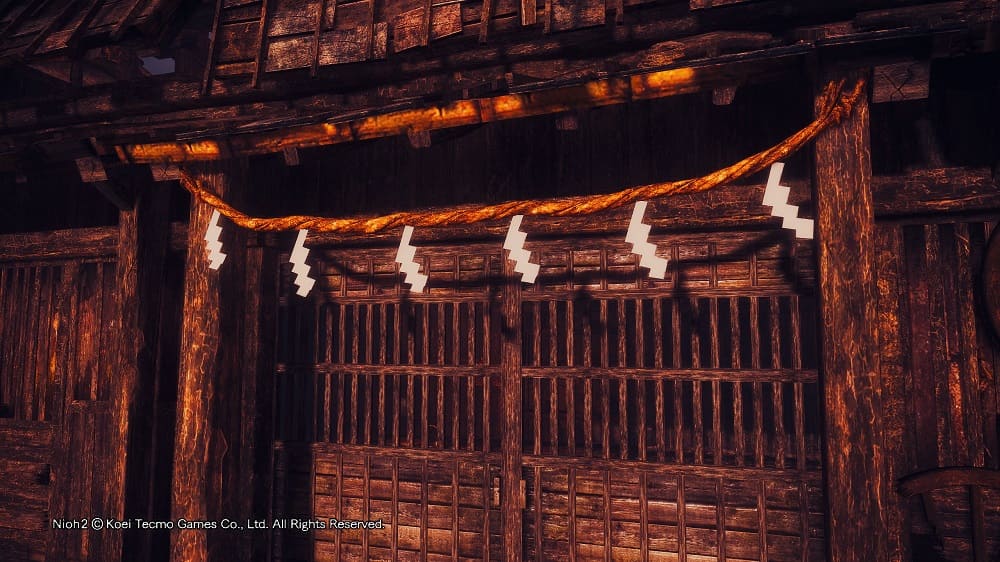
In the action RPG Nioh 2, which is set in Japan, you can often spot shide (paper streamers) at shrines and sacred places. Shide symbolize the boundaries of holy areas and represent purity, reflecting an important aspect of Japanese spirituality. These intricate details help make the world of Nioh 2 more immersive and authentic. Spotting shide during gameplay can also be a great way to learn about traditional Japanese culture.
Shide FAQ
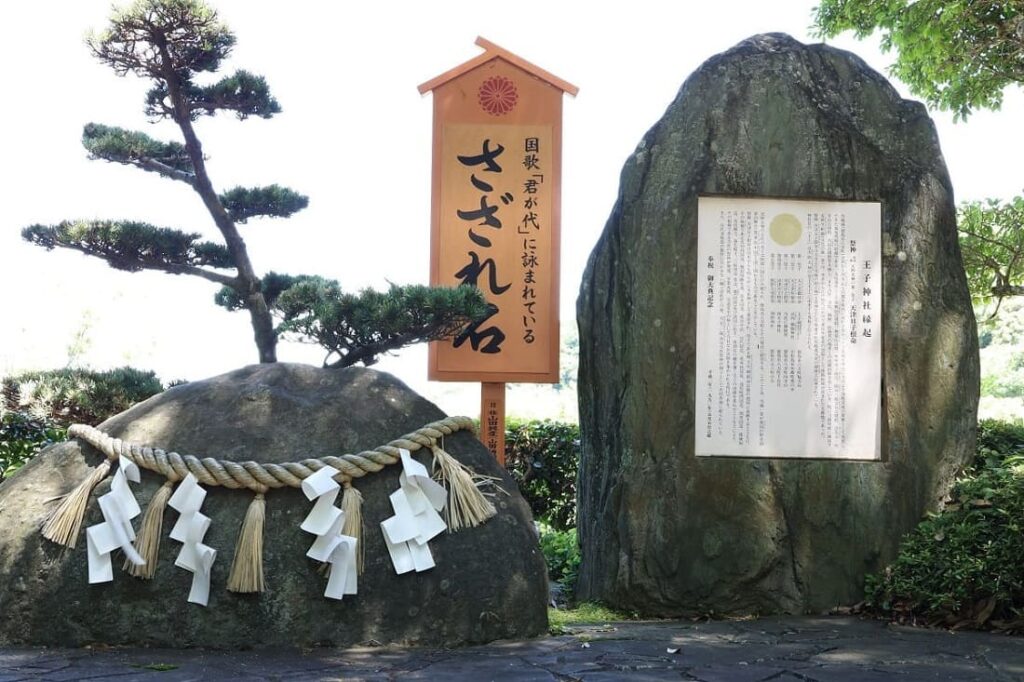
- QWhen should I display shide?
- A
Shide are most commonly displayed from late December through early January to welcome the gods during New Year celebrations.
- QHow should I dispose of shide?
- A
Ideally, shide should be returned to a shrine for proper disposal. If that’s not possible, you can respectfully burn or bury them after offering a prayer of gratitude.
Interested in Creating a Shinto-Inspired Space?
If you’re drawn to the symbolism of Shide and sacred ropes, a decorative shimenawa with traditional paper streamers can be a meaningful cultural addition to your space.

Final Thoughs about Shide
Shide are more than just zigzag paper—they’re a symbol of Japan’s deep spiritual traditions. Their unique design, sacred materials, and the meaning they carry make them a fascinating aspect of Japanese culture.
Whether you’re admiring shide at a shrine or trying your hand at making your own, take a moment to appreciate their role in connecting the human and divine.
Why not give it a try and make your own shide? You might find a new appreciation for this beautiful Japanese tradition!

If you are interested in Japanese culture, you may love these games!
Let’s play!

Yes! Let’s play NIOH games!


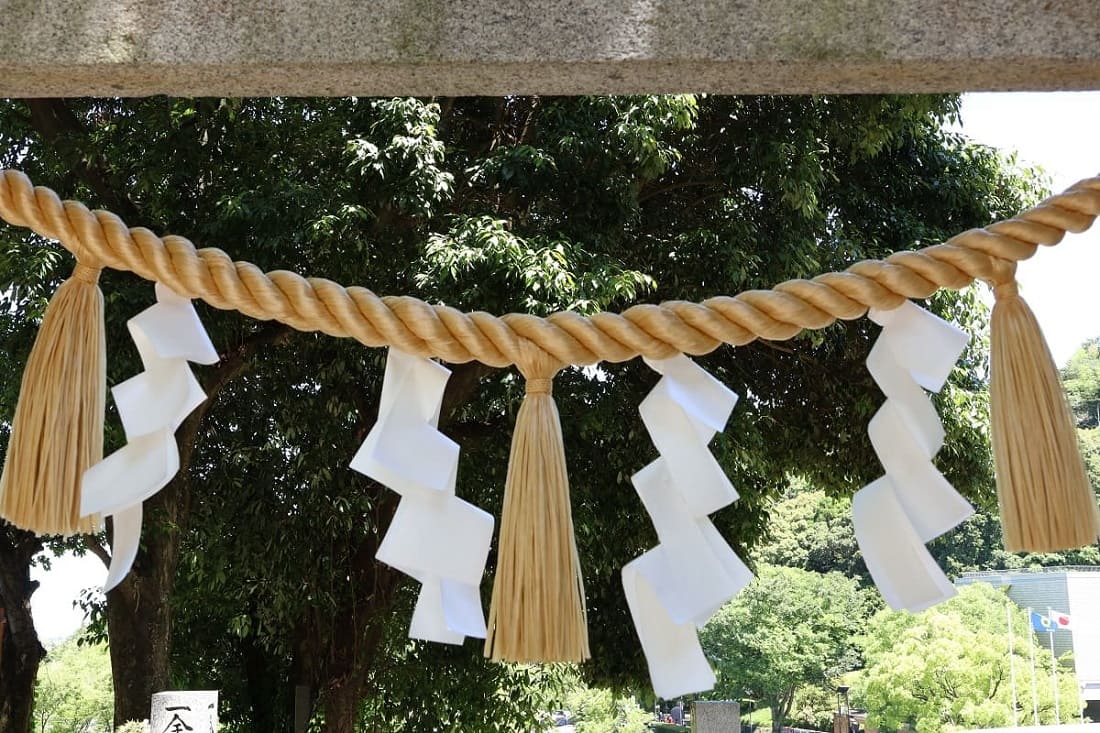




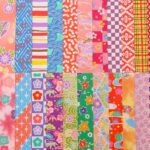
Comments